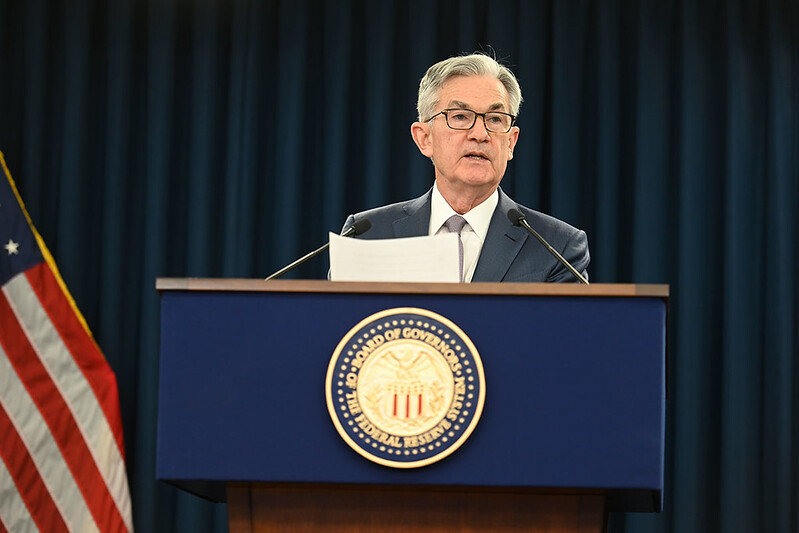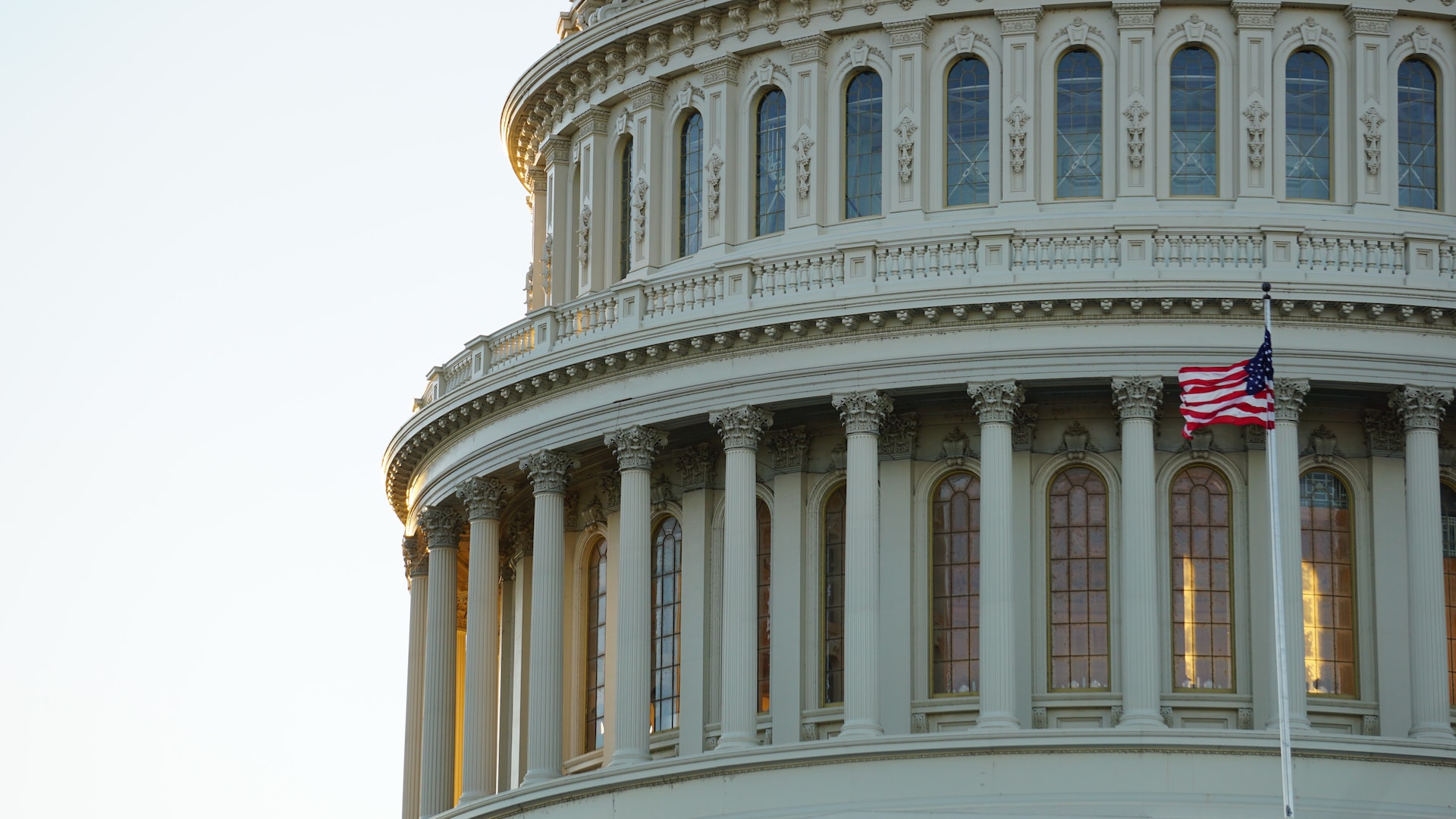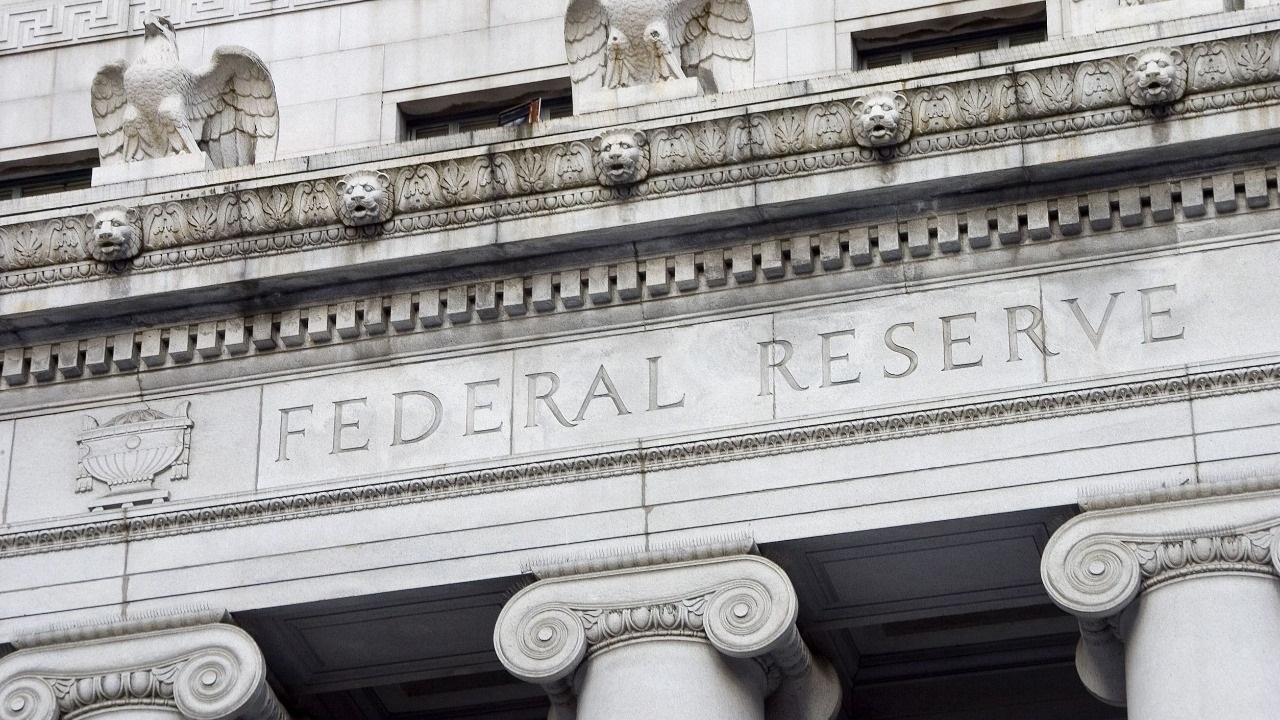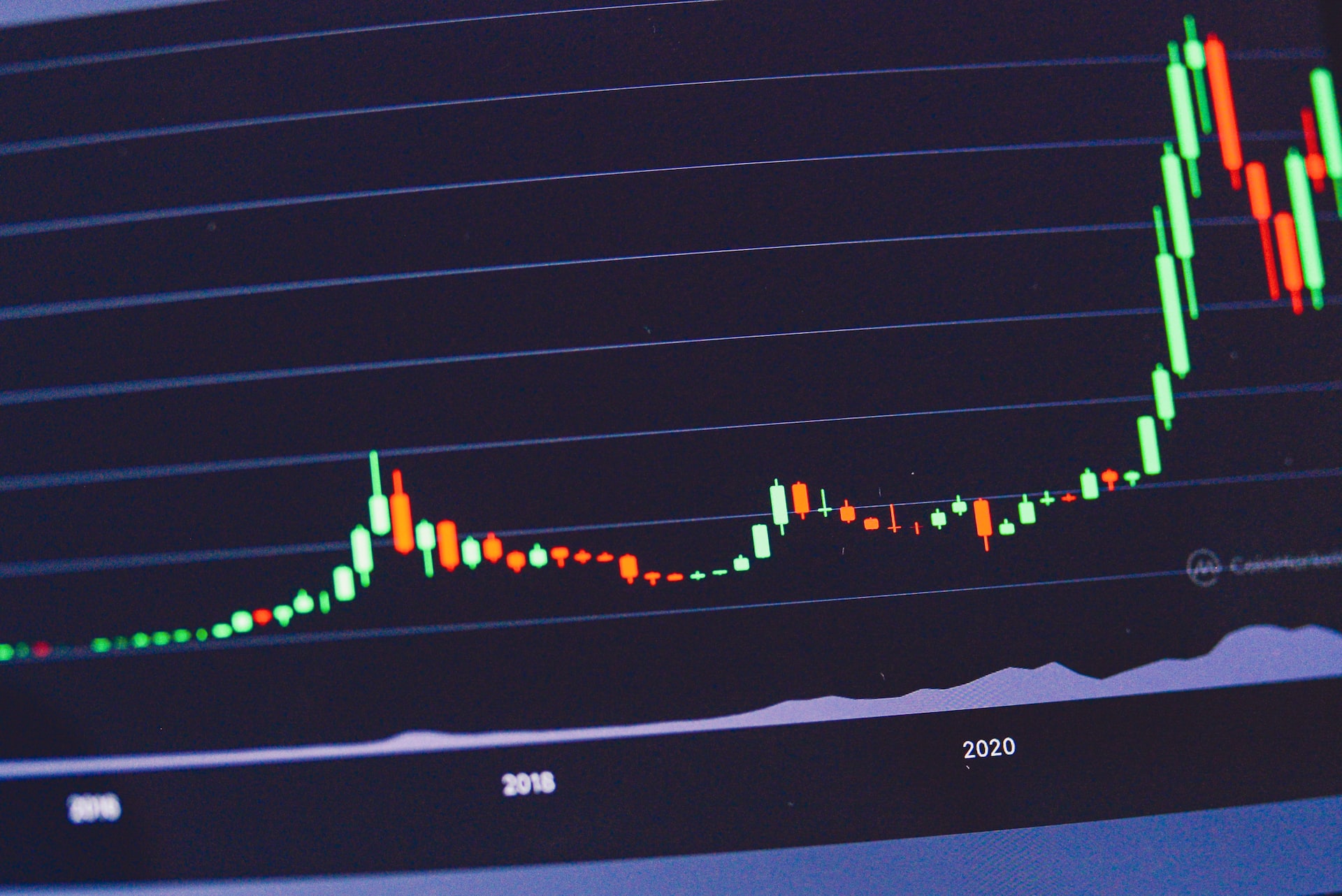
The housing market conundrum (somewhat) explained
___
Published Date 10/6/2023
A contradiction is defined as “a combination of statements, ideas, or features of a situation that are opposed to one another.” Applying it to today's housing market, therefore, is appropriate.
Realtor.com’s Clare Trapasso puts it this way: “Lately, the housing market just seems to defy logic. Mortgage rates refuse to come back down, contrary to the predictions of experts. Home prices continue to rise despite those high rates. And all of those forecasts of more homes coming on the market? In more than three years, it simply hasn’t happened.” So she asks — what is going on in this contradiction-riddled housing market?
She goes on to say that common sense would suggest that the combo of high home prices and mortgage rates would have cooled off by now — because what goes up must come down. Right? The thing is, many other factors are deftly at work keeping both prices and mortgage rates high—and homebuyers frustrated.
Realtor.com Chief Economist Danielle Hale explains, “The best illustration of how unexpected this housing market is in 2023 is to look at the forecasts of what people thought would happen and what actually happened,” says. “There’s not quite as much momentum in the housing market as we’d thought.”
Prognosticators are, of course, alive and well, hoping their predictions result in a few “I told you so” moments—until the market does the next unexpected thing and those predictions are scrapped and revised yet again.
Patience may be a virtue in some circumstances, but it’s unclear that it’s paying off for homebuyers waiting out the market. Plenty of prominent real estate professionals predicted that high mortgage rates would force prices to dip. There’s a limit to how much buyers can afford, after all.
While median list prices tumbled a bit in some of the markets where they had risen the most during the COVID-19 pandemic, such as Austin, TX, and Miami, nationally, prices flattened out, dipping just slightly before going right back up again.
In fact, Trapasso reports that prices are now surging in some of the traditionally more affordable parts of the country, including the Rust Belt and Midwest. “The phenomenon is due to buyers priced out of more expensive areas now chasing affordability wherever they can still find it. This is, ironically, driving prices up in these areas.”
Trapasso also reminds us that historically, high prices and high rates aren’t as odd of a combination as they may seem. Increases in mortgage rates have been associated with small price increases in the past, says Laurie Goodman, a fellow at the Urban Institute, a think tank. High rates often signal a thriving economy, which is why the Feds have been raising rates to get inflation under control. When the economy is robust, more folks are in a position where they are likely to want to buy homes. That extra competition can nudge prices up.
“During periods of high rates, you have less buyers and less sellers,” says Goodman. “But there are enough people who can afford to buy. [And] home prices aren’t going down because the economy is strong.”
Small comfort, since, it’s the number of home sales numbers that fall. Sales of existing homes, which excludes new construction, dropped 16.6% year over year in July —the most recent month data was available from the National Association of Realtors. As the market freezes up the number of transactions drops dramatically.
So what about those mortgage rates? “Here is where it gets technical,” says Trapasso. “Rates could be a full percentage point lower than they are today due to something called the spread between mortgage rates and 10-year U.S. Treasury bonds. The spread is larger than normal, which suggests there is room for mortgage rates to come down.” She goes on to say that higher mortgage rates reflect the uncertainty around interest rates the Fed controls and what the future of the economy is.
If you’re still following along here, Trapasso says you also need to factor in what’s going on in the secondary mortgage market—a head-spinning set of circumstances that are also pushing up mortgage rates. “For one, lenders rarely hold onto a mortgage loan once it’s made because they want to free up cash to make new loans. So mortgages are typically bundled together into mortgage securities, better known as mortgage bonds, and sold to investors in the secondary market. When bond prices are lower, mortgage rates go up to entice investors to purchase them.”
And lastly, this whole thing sounds like a self-fulfilling prophecy. Investors worry that the Fed may jack up its rates again—which is also likely to result in higher mortgage rates and want to be compensated for the length of these potentially shorter loans as well as the general uncertainty of the housing market.
The only bright spot in all this shows up in new home sales. Builders are more successful now because they’re “buying down” mortgage rates —some at significant savings to buyers. Many are also lowering their list prices and contributing to buyers’ closing costs as well.
While new homes have historically been more expensive than existing ones, this gap has narrowed, with new homes costing a median of $436, 700 in July compared with $406,700 for a home on the resale market.
As for sellers, experts are calling the months ahead a “mortgage winter,” with people frozen in place as long as they don’t have to move. Why list your home and sell only to find a market where rates are now double what they had? When all this begins to change, however, you can expect much revelry and popping of corks. Because it will feel as if the housing market is emerging from a long, long tunnel and breaking into the sunlight at last.
Realtor, TBWS
All information furnished has been forwarded to you and is provided by thetbwsgroup only for informational purposes. Forecasting shall be considered as events which may be expected but not guaranteed. Neither the forwarding party and/or company nor thetbwsgroup assume any responsibility to any person who relies on information or forecasting contained in this report and disclaims all liability in respect to decisions or actions, or lack thereof based on any or all of the contents of this report.
Superior Funding Corporation is a Massachusetts Mortgage Company. Massachusetts Mortgage Lender and Broker License: MC2972, NMLS ID: 2972.


Roman Shulman
Mortgage Professional
NMLS: 11481
Superior Funding Corporation
343 Washington Street, Newton MA
Company NMLS: 2972
Office: 617-938-3900
Email: rshulman@sfcorp.net
Web: http://sfcorp.net

Roman Shulman
___
Mortgage Professional
NMLS: 11481
Last articles
___

March durable goods orders exceed expectations even as February’s orders revised significantly lower
4/24/2024
March durable goods orders expected +2.3%, increased 2.6% but February orders we... view more
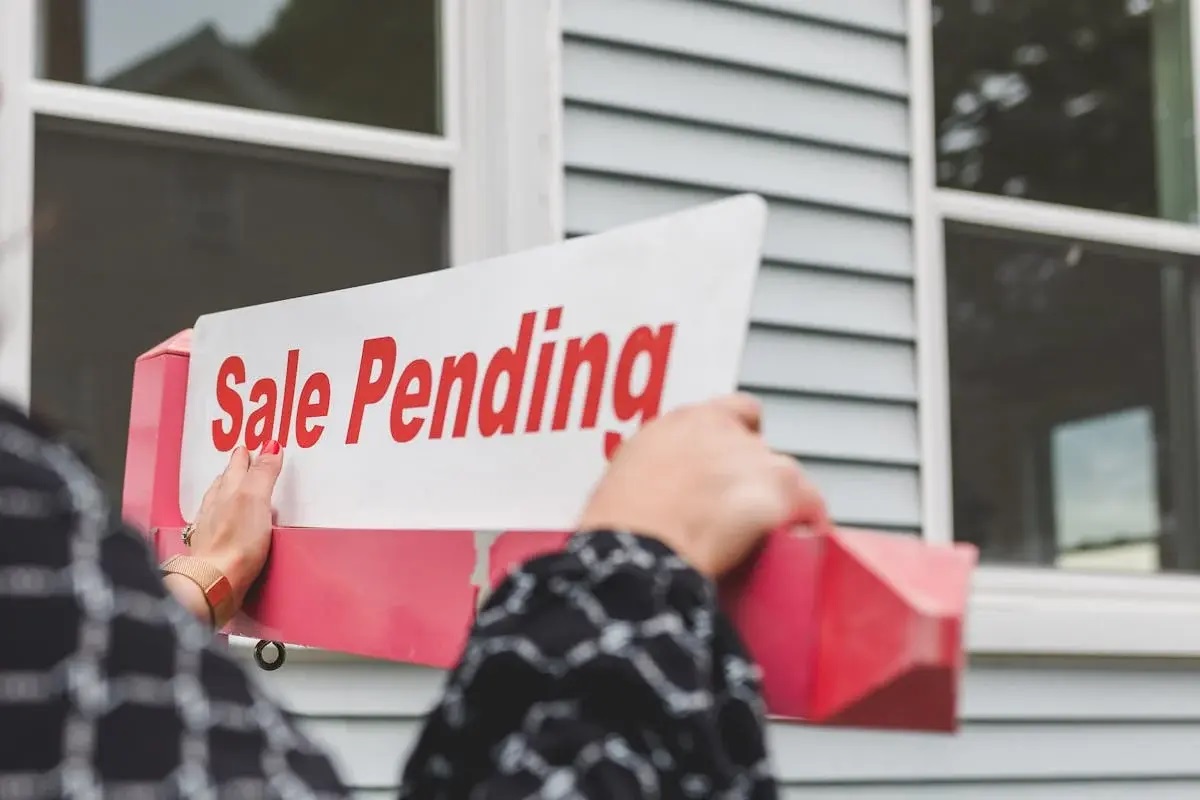
Never underestimate the value of professional real estate agent representation
4/22/2024
Click the link; buy a sofa. Click on another; buy a pergola for your backyard...... view more

Markets see a minor rebound
4/17/2024
Overnight a little volatility but well within the narrow range, the 10 year note... view more

Rate cuts in 2024? There’s no ‘there there’ quite yet
4/15/2024
Inflation jumped in March, giving the U.S. Federal Reserve ammunition to hold of... view more

Markets experience major setback on higher than expected CPI
4/10/2024
The day the world awaited, March CPI. Prior to the 8:30 am ET release the 10 yea... view more

Contradiction of robust job growth and a sluggish housing market isn’t over yet
4/8/2024
For the past few years, fears of a recession have been fickle, teasing us at eve... view more

The ADP Private Jobs report was much stronger than expected
4/3/2024
US financial markets continue to reel over the concerns the Fed may withhold the... view more

2024 remodeling trends? A new sink instead of a new bathroom
4/1/2024
It was just a few years ago when mask-wearing homeowners lined up at the big box... view more

Volatility remains low
3/27/2024
Markets started the day fractionally better, the 10 year note at 8 am ET 4.22% -... view more

NAR settlement may mean commission rebates if you recently sold your home
3/25/2024
While agents are still sorting out what all this means for their business, the m... view more
Load more
 Superior Funding Corporation
Superior Funding Corporation